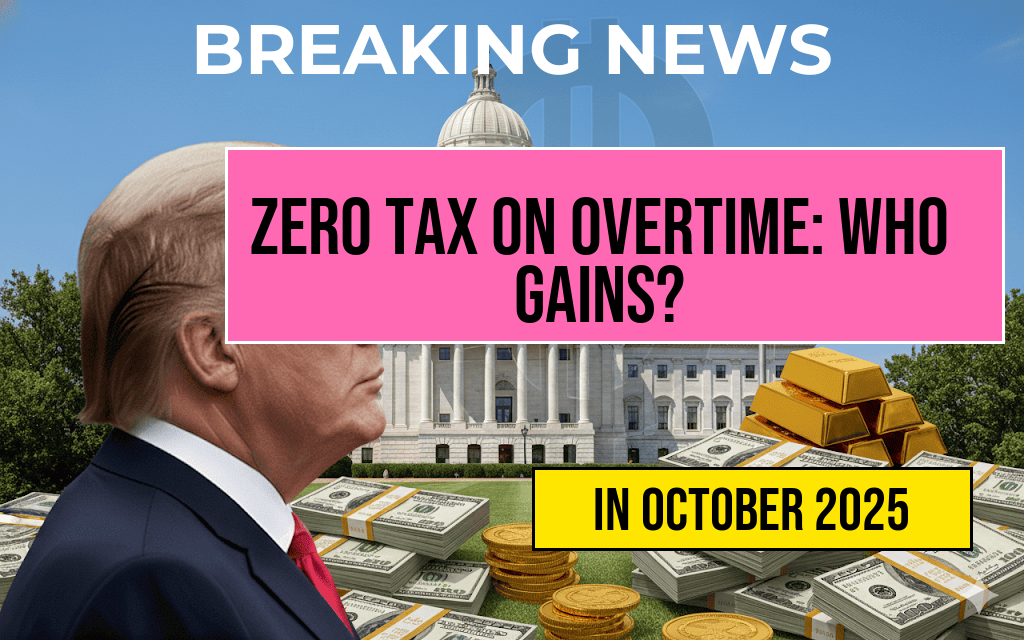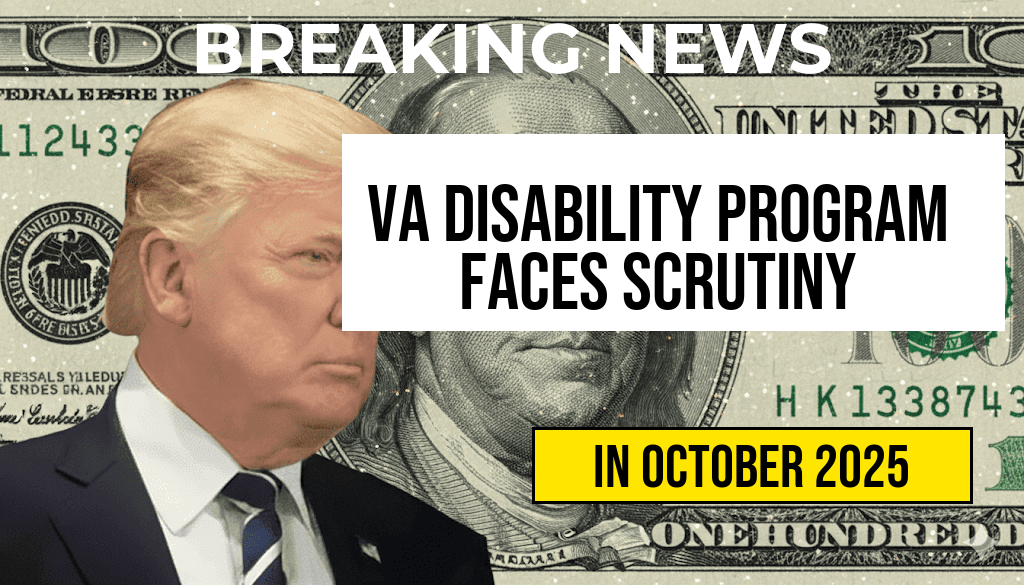In a bold move that has captured the attention of workers and policymakers alike, a new proposal aims to eliminate taxes on overtime wages and tips for American workers. The early refund initiative seeks to provide financial relief to employees who often rely on these crucial income sources, especially during challenging economic times. Proponents argue that this measure could boost disposable income, stimulate consumer spending, and ultimately benefit the economy. However, critics caution that the proposal might create disparities, favoring certain sectors over others while potentially complicating the tax system. As discussions unfold, questions arise about who stands to gain the most from such a sweeping change and whether it will deliver the promised benefits.
The Proposal Explained
The proposal, still in its nascent stages, suggests that all overtime pay and tips earned by workers will be exempt from federal income tax. Designed to provide immediate financial relief, this initiative could impact millions of American workers who regularly earn overtime pay or rely on tips, such as those in the hospitality and service industries.
Financial Implications for Workers
Under the new proposal, workers earning overtime—or receiving tips—would see a noticeable change in their take-home pay. For many, this adjustment could mean hundreds of dollars more in their pockets each year. To illustrate the potential financial impact, consider the following hypothetical scenarios:
| Occupation | Average Hourly Wage | Overtime Hours per Week | Annual Overtime Pay | Estimated Tax Savings |
|---|---|---|---|---|
| Server | $15 | 10 | $7,800 | $1,560 |
| Nurse | $35 | 5 | $9,100 | $1,820 |
| Construction Worker | $25 | 15 | $19,500 | $3,900 |
Who Stands to Benefit?
While the proposal promises to benefit a wide array of workers, certain groups may reap greater rewards. Service industry employees, particularly those who depend heavily on tips, are likely to see significant gains. Additionally, workers who frequently take on overtime hours could also experience a substantial increase in their disposable income.
- Service Workers: Employees in hospitality, restaurants, and retail could see enhanced earnings.
- Healthcare Professionals: Nurses and other medical staff often work overtime, making them prime beneficiaries.
- Construction Workers: Those in physically demanding jobs may also enjoy greater financial relief.
Criticism and Concerns
Despite the potential benefits, the proposal has drawn criticism from various quarters. Some experts argue that eliminating taxes on overtime and tips could disproportionately favor industries that rely heavily on these income sources, potentially neglecting others. Additionally, there are concerns about how this change might affect the overall tax structure.
- Revenue Loss: Critics warn that the federal government could face significant revenue losses, impacting public services.
- Complexity: Introducing a new tax exemption could complicate the tax filing process for many workers.
- Equity Issues: Workers in salaried positions might not see the same level of benefit, raising concerns about fairness.
The Path Forward
As the proposal gains traction, lawmakers are weighing the potential economic impacts alongside the concerns raised. Public opinion will likely play a crucial role in shaping the outcome of this initiative. Advocacy groups for workers’ rights are rallying support, emphasizing the need for equitable financial relief.
For more information on the implications of tax policies on workers, consider reviewing resources from authoritative outlets such as Forbes and Wikipedia.
As discussions continue, stakeholders from various sectors are encouraged to engage in dialogue about the potential benefits and drawbacks of this ambitious proposal. The outcome could redefine how overtime and tips are treated in the American tax system, fundamentally altering the financial landscape for millions of workers.
Frequently Asked Questions
What is the main focus of the early refund proposal discussed in the article?
The early refund proposal aims to implement zero tax on overtime pay and tips, potentially benefiting workers who rely on these forms of income.
Who stands to benefit from the proposed zero tax on overtime and tips?
The proposal primarily benefits workers earning overtime pay and those who receive tips, as it allows them to keep more of their earnings without the burden of taxation.
How might the zero tax on overtime affect businesses?
Businesses may experience a mixed impact; while they may save on payroll taxes, they could also face challenges in managing employee compensation expectations and potential increases in labor costs.
What are the potential drawbacks of implementing a zero tax on overtime?
One potential drawback is the risk of budgetary shortfalls for government services, as reduced tax revenue from overtime and tips could limit public funding.
Is there any opposition to the zero tax on overtime proposal?
Yes, some critics argue that the proposal could create inequities in the tax system and may disproportionately benefit higher-income earners who work more overtime.













